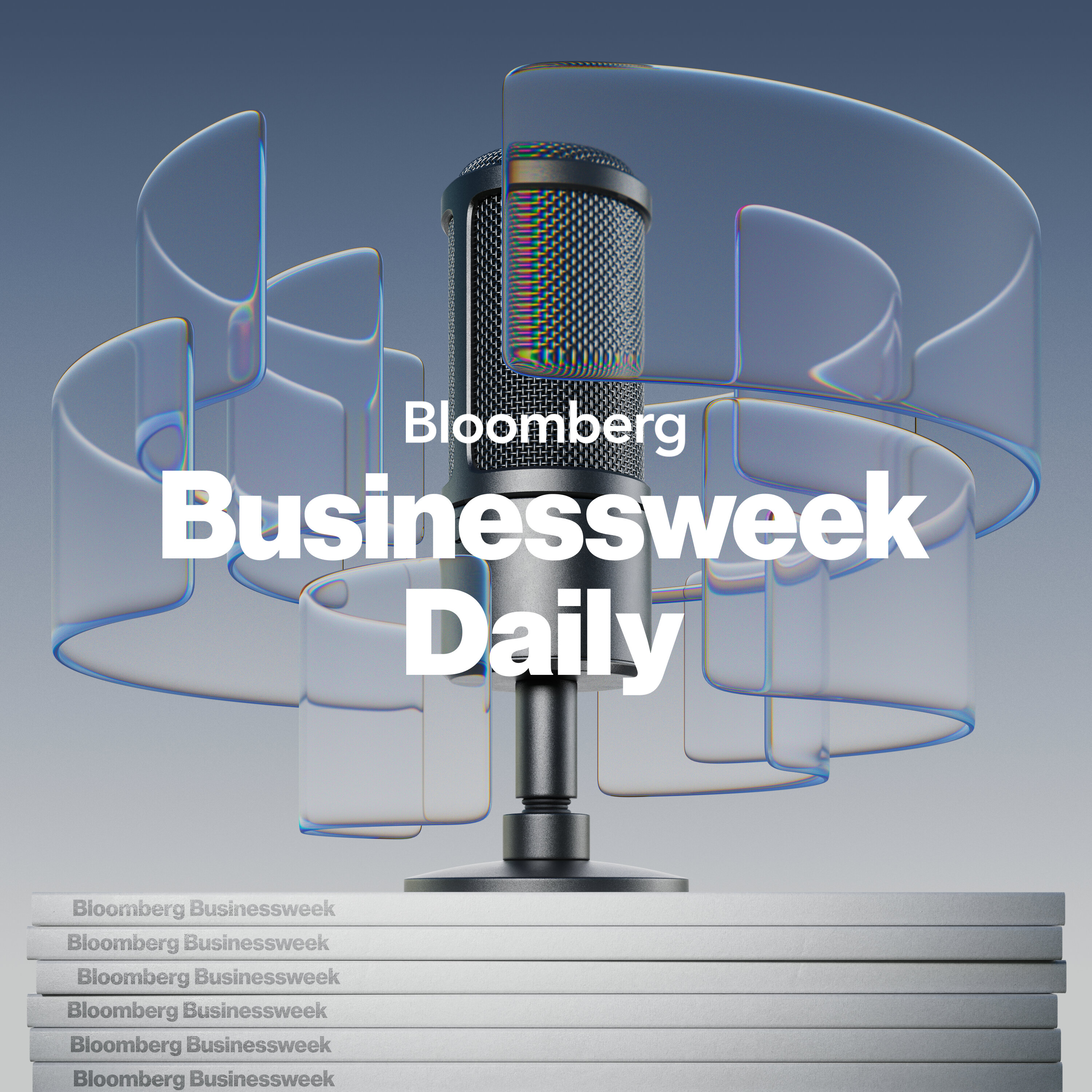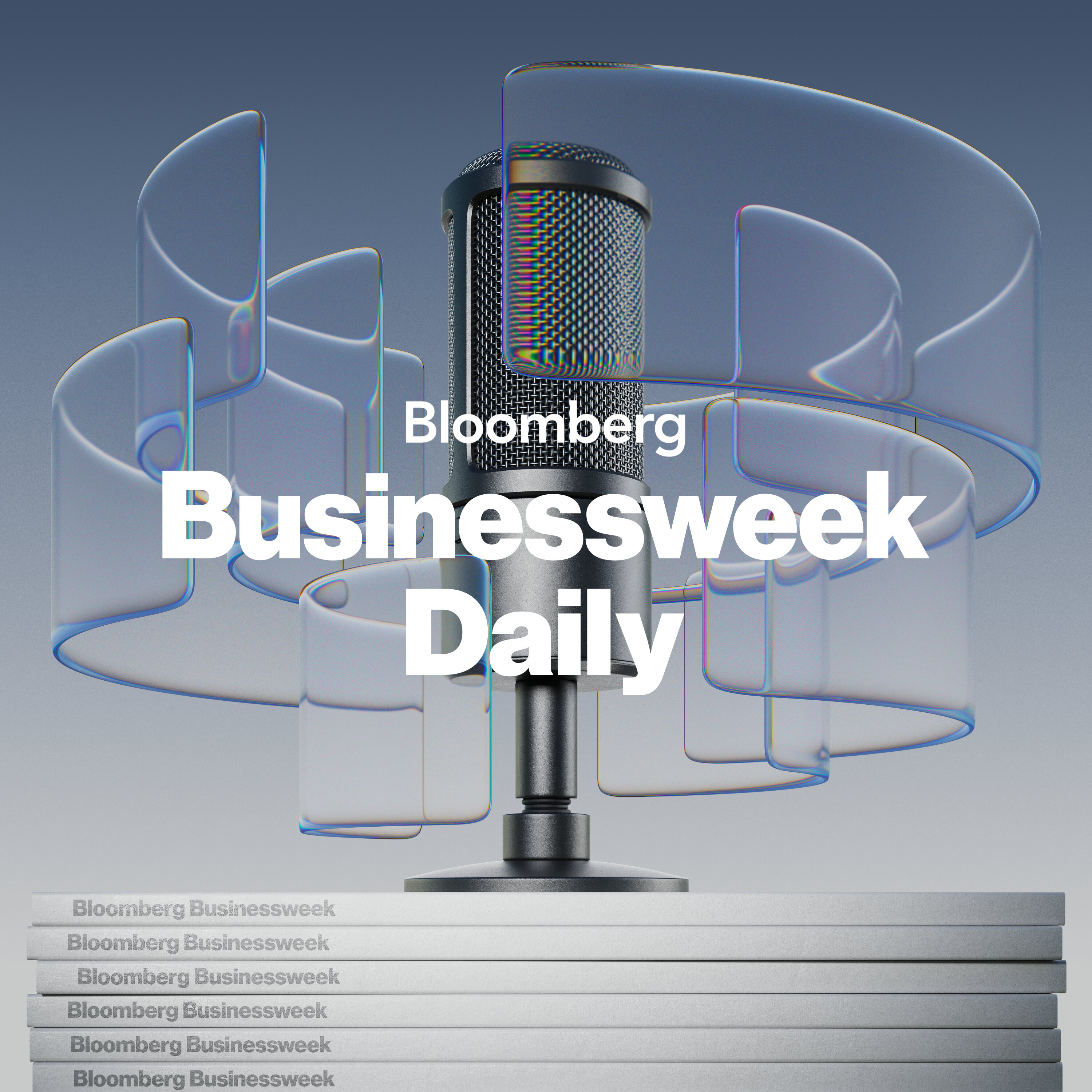
Nvidia Delivers Solid Earnings; Musk Distances Himself From DC

Bloomberg Businessweek
Deep Dive
- Q1 adjusted EPS of 81 cents (missed estimates of 93 cents)
- Q1 revenue of $44.1 billion (beat estimates of $43.29 billion)
- Q2 revenue forecast of $45 billion +/- 2%
- $8 billion in lost H20 revenue due to export controls
Shownotes Transcript
Watch Carol and Tim LIVE every day on YouTube: http://bit.ly/3vTiACF).Nvidia Corp., the world’s most valuable chipmaker, gave an upbeat revenue forecast for the current period, even as a slowdown in China weighed on results.Sales will be about $45 billion in the second fiscal quarter, which runs through July, the company said on Wednesday. That included the loss of roughly $8 billion in revenue from China because of export controls. The forecast was in line with analysts’ estimates, according to data compiled by Bloomberg. The outlook shows that Nvidia is ramping up production of Blackwell, its latest semiconductor design. The chipmaker — now the world’s largest by revenue — dominates the market for AI accelerators, the components that help develop and run artificial intelligence models. And an ever-broader lineup of hardware and software is letting Nvidia sell more products to customers. As part of that push, the company is increasingly offering its chips as part of whole computer systems — a move it says is necessary to speed up the deployment of more complex and powerful technology. Nvidia expects AI infrastructure to eventually transform much of the economy, part of what Chief Executive Officer Jensen Huang refers to as a new industrial revolution.Today's show features:
- Jay Goldberg, Senior Analyst at Seaport Research Partners on Nvidia earnings
- Bloomberg Businessweek Senior Reporter Max Chafkin
- Bloomberg News Cross-Asset Reporters Emily Graffeo and Vildana Hajric
See omnystudio.com/listener) for privacy information.